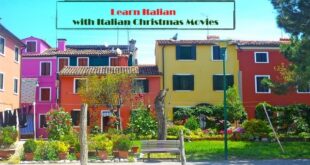Today, the world is quickly changing, and medical care can be both impersonal and expensive. But one area that has not changed with the times is estate planning. Traditional plans are designed to focus on just a couple of things and, when creating them, most people tend to take the easy route. Often times, people are in good health and think, “There’s nothing wrong with us now; we want our estate plan to be very simple.” In those cases, their estate plans only really focus on who will get what when they die.
The truth is, most of us are not going to die while we’re in good health. As we venture into old age, many of us will, unfortunately, develop long-term illnesses and need specific care. According to AARP, 70 percent of individuals aged 65 and older will spend part of their life living in a long-term care facility. The cost of long-term care and Medicaid planning are probably not things that are included in the will or living trust you already have. So, shouldn’t we consider this when drafting or updating our estate plans?
While traditional estate plan details concerning who gets what when you die are important, it is equally if not more important to consider what could happen to you before you die. A good estate plan should contain some or all the following:
1) Powers of Attorney Healthcare
2) Powers of Attorney Property
3) Revocable or Irrevocable Living Trusts;
4) Long-Term Care Planning Roadmaps
5) Government Benefits Eligibility (such as VA Benefits, Medicaid for nursing home care, and Medicare).
Together with traditional estate planning, these kinds of plans will better equip you for not only who gets what when you die, but more importantly what happens to YOU while you are LIVING.
For more, call 847-292-1220, e-mail abferraro@abferrarolaw.com or visit www.ABFerraroLaw.com.
 Fra Noi Embrace Your Inner Italian
Fra Noi Embrace Your Inner Italian





